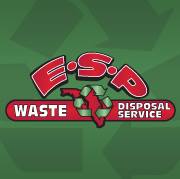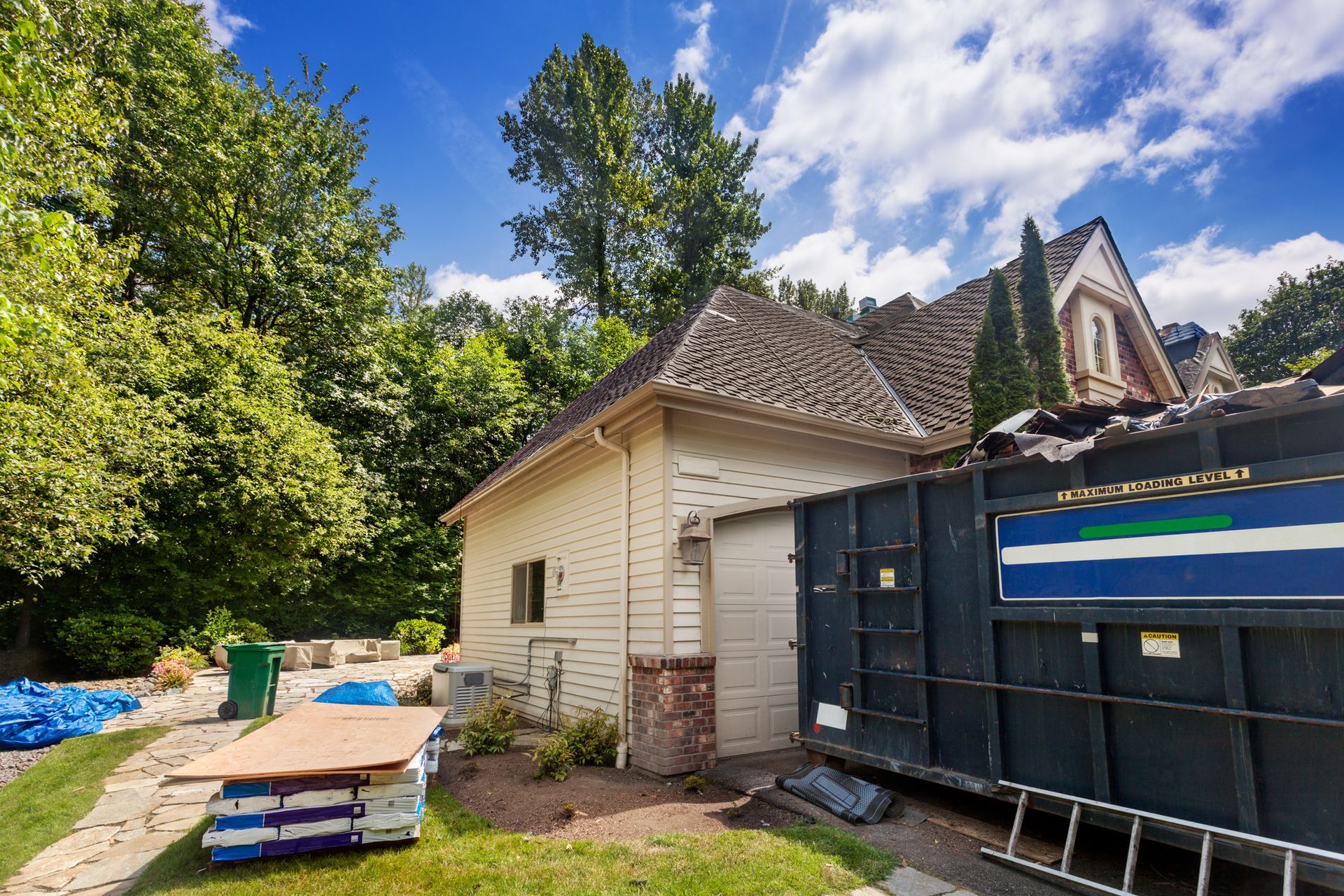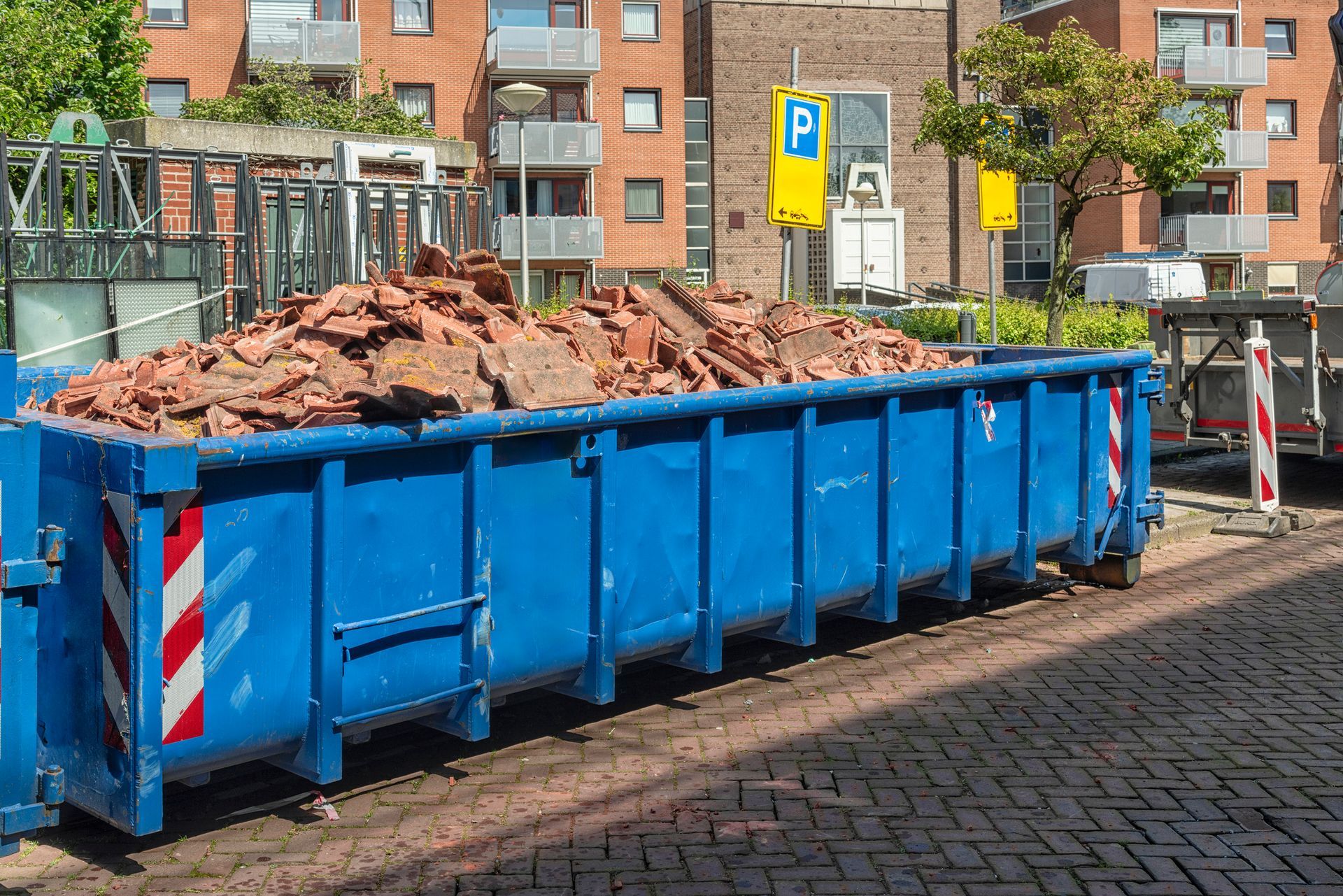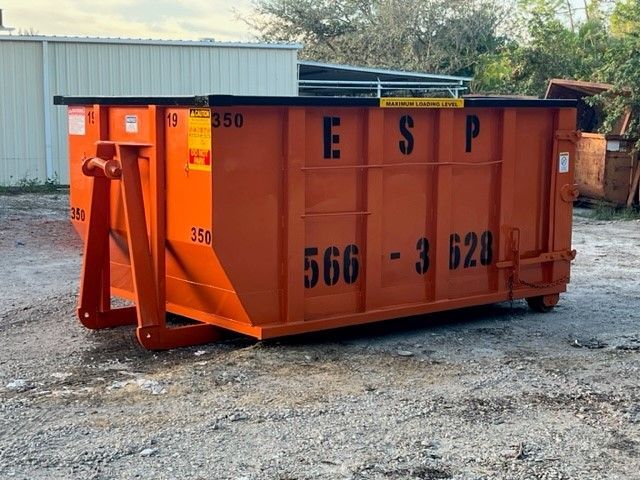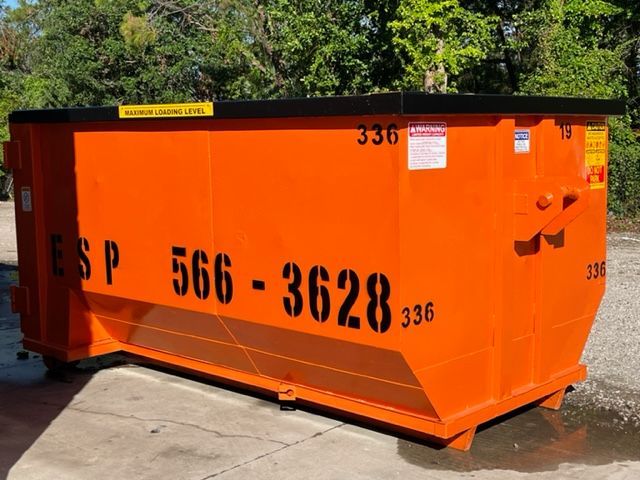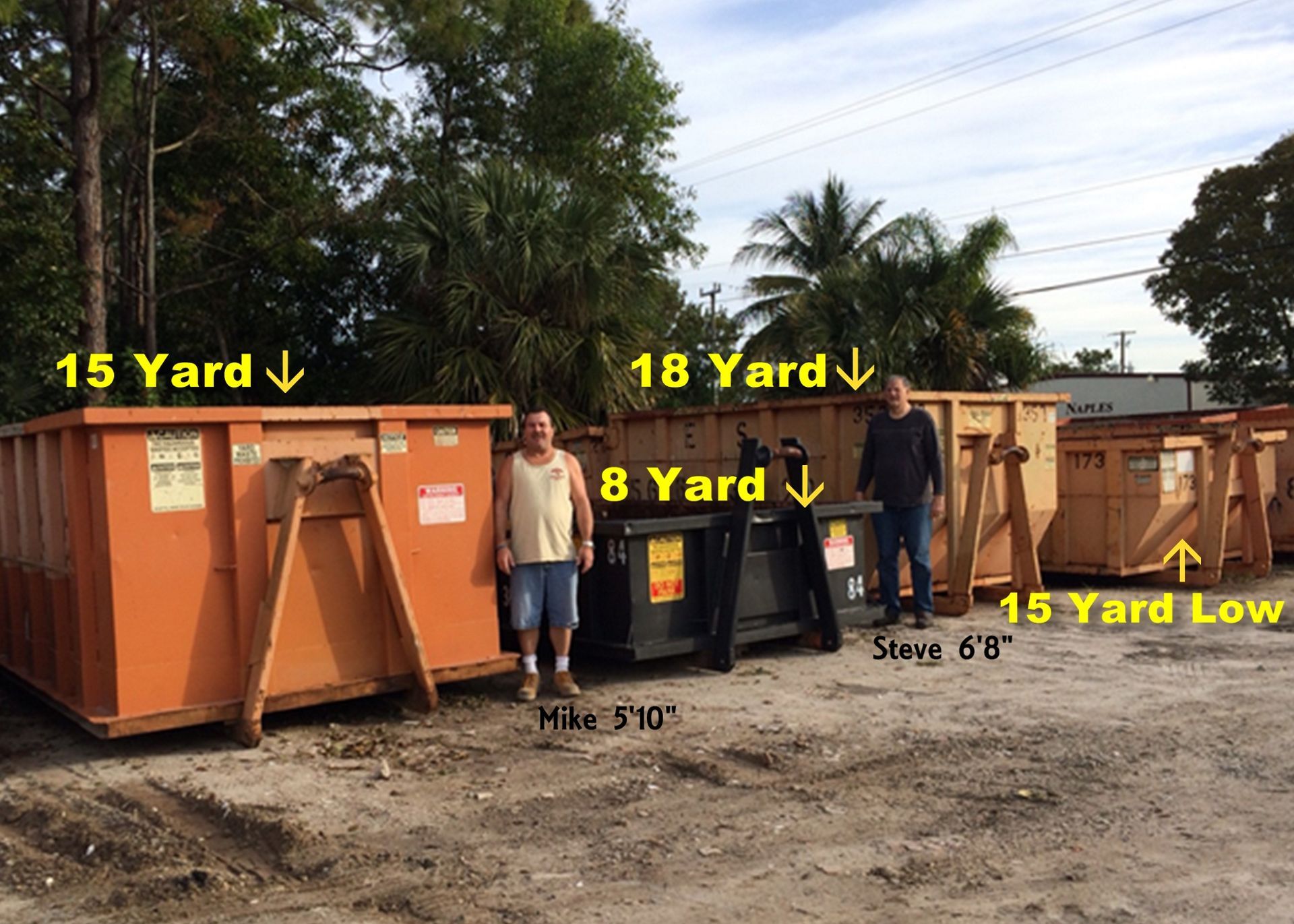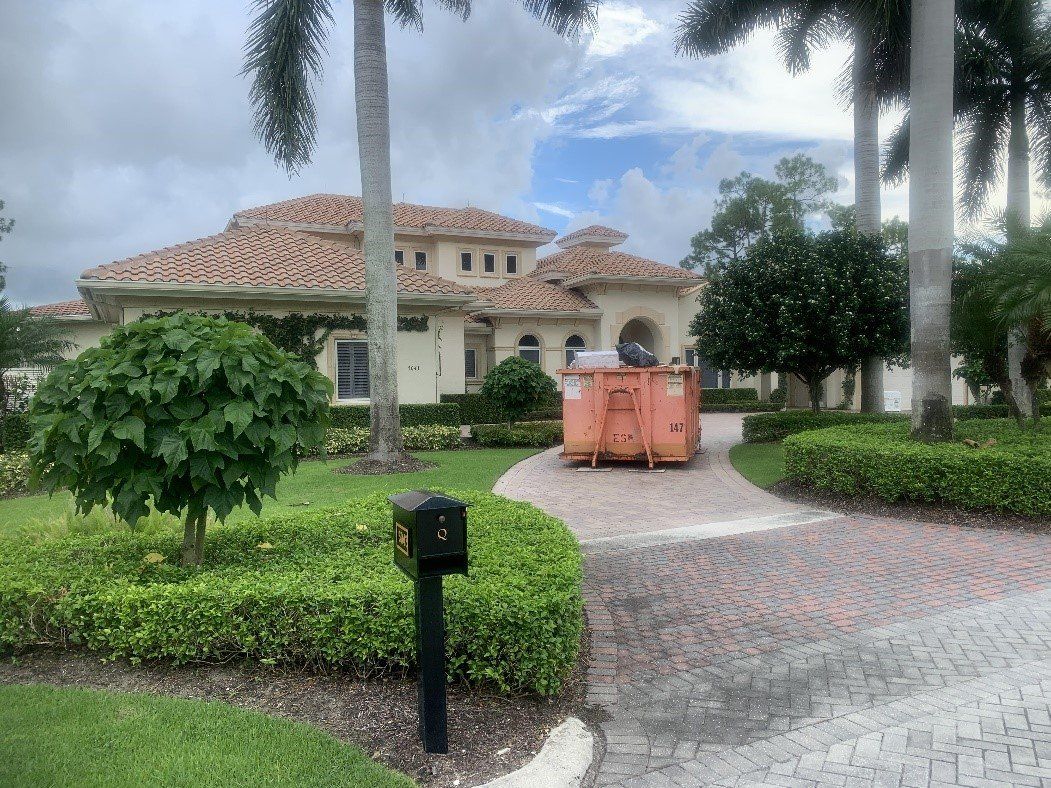4 Effective Ways to Manage Construction Waste
Anytime a building is pulled down or constructed from the ground up, a trail of trash and construction debris will be created. Proper waste management is an integral component in any successful construction plan.
Your company should be actively involved in the improvement of waste management practices. This usually means the implementation of more effective strategies to manage and dispose of construction waste in the future.
1. Generate Less Waste
An easy way to manage waste is to reduce the amount of waste that is produced on each project. Make sure that you work only with skilled subcontractors that have the experience needed to avoid mistakes.
Improper measurements or installation techniques can result in wasted construction materials that will need to be disposed of. An experienced subcontractor will check and re-check his or her measurements to reduce error.
You should also consider deconstruction rather than demolition when you need to tear down a portion of a building. The deconstruction process allows you to keep materials that can be recycled and used for future projects intact. This will reduce the amount of waste that is created as you complete your construction project.
2. Donate Usable Materials
Throwing all construction waste into a commercial dumpster is not an effective way to manage waste. You should take the time to carefully sift through all materials for items that still have a lot to offer to a potential user.
Usable materials can be donated to charitable organizations that build affordable housing or transport materials to third-world countries. The donation of usable materials from your construction site will help you reduce your waste disposal costs and give you access to valuable tax write-offs that can reduce your tax burden in the future.
3. Recycle
Many of the materials that find their way into commercial dumpsters on a construction site can be recycled. Cardboard, glass, drywall, paper, and plastics are just some of the materials that can be recycled and used to generate new products for the consumer market.
Check with a recycling center in your area to determine which types of construction materials they accept. Work with your dumpster rental company to obtain a receptacle that will be used solely to house recyclable items.
You will be able to reduce the volume of debris that you must pay to dispose of in a landfill and reduce landfill waste when you implement a comprehensive recycling program for your construction site.
4. Estimate Waste Production
Once you have identified materials that can be donated or recycled, you can estimate the approximate volume of the construction waste that will need to be sent to a landfill. This estimate allows you to determine what size dumpster will be suitable to meet your needs.
Investing in a dumpster rental that is too large or too small for your construction project can result in overage fees and additional delivery costs. You can work closely with your dumpster rental company to determine which receptacle is most likely to accommodate the amount of waste that your project will create.
An appropriately sized dumpster can help you maintain a clean and safe construction site and ensure that you can properly dispose of waste to avoid potential fines.
Waste management plays a central role in the cost and convenience of your construction projects. Be sure that you are taking a proactive approach when it comes to waste management if you want to improve the efficiency of your projects over time.
Contact ESP Dumpsters for all your dumpster rental needs. Our experienced crew will help you streamline your waste management program and dispose of construction debris with ease.
